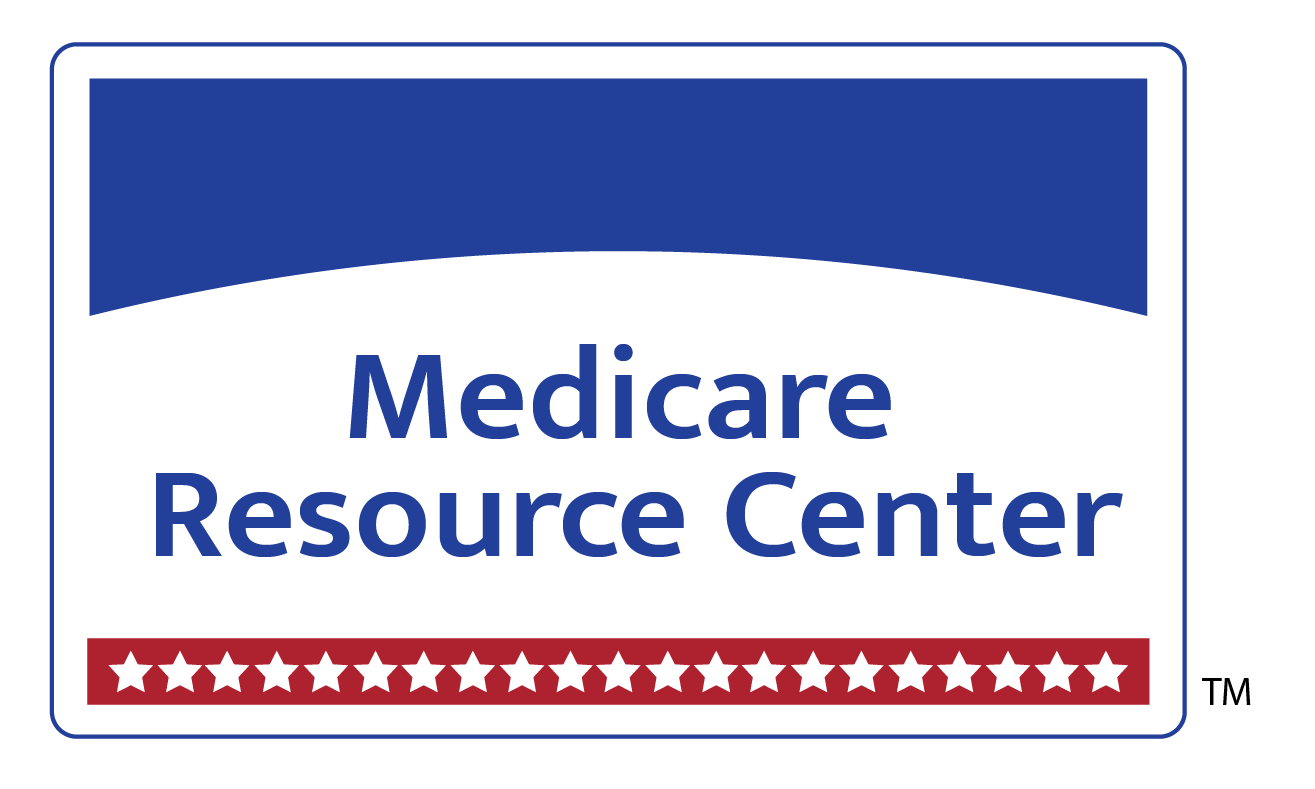Medicare Allowance Explained: What You Need to Know
- Seth Clayton

- May 15, 2023
- 4 min read
Updated: Apr 23, 2024

Medicare, a federal health insurance program, offers various options that provide additional benefits to eligible members. These extras can include food, fitness programs, and other perks. Medicare Advantage plans, also known as Medicare Part C, have gained popularity, with 48% of Medicare beneficiaries opting for these plans, as reported by The Kaiser Family Foundation.
Medicare Grocery Allowances
One of the main attractions of Medicare Advantage plans is the range of allowances they offer, such as grocery benefits. With these programs, beneficiaries receive a card that can be used to purchase "healthy" food items like fruits, vegetables, dairy products, and soup. However, there are limitations on what can be bought, as alcohol, sugary and processed foods, and pet food are typically excluded. The specific food items covered and the monthly amount allocated vary among insurers, usually ranging from $25 to $275. It's crucial to utilize the entire benefit amount within the month, as it does not roll over. Additionally, not all stores may accept the card, so it's necessary to inquire about eligible shopping locations. Some plans may even allow the use of the card for home-delivered meals, particularly after surgery or a hospital stay.
Medicare Wellness Programs
Wellness programs have long been a prominent feature of Medicare Advantage plans. The SilverSneakers program, for instance, allows members to select a participating fitness center and access equipment and classes. Some plans also cover dental care, eyewear, and hearing aids, but it's important to review the coverage and limitations associated with these benefits, as they may change annually.
Other Options
Certain Medicare Advantage plans may offer additional allowances, such as nonemergency transportation, including trips to and from doctor's appointments. Some plans even cover rides with services like Uber or Lyft to and from fitness centers or other health-related venues.
Home health care is another benefit provided by all Medicare Advantage plans, although coverage specifics may vary. Generally, care must be received from a home health agency contracted with the plan, and prior authorization or referral from the plan is necessary. It is advisable to gather detailed information regarding home health care needs, including;
The number of covered visits over a specific period
Range of services offered by home health aides
The copay responsibilities.
Telehealth benefits, including the option for telemedicine visits with specialists, are offered by certain Medicare Advantage plans. The availability of these benefits depends on the specific plan, so it is essential to understand the offerings before enrolling.
How Do I Get These Allowances?
To access these allowances, individuals must enroll in a Medicare Advantage plan. Administered by private healthcare plans approved by Medicare, these plans have an annual out-of-pocket limit for covered services. The most common types of Medicare Advantage Plans are Health Maintenance Organizations (HMOs), Preferred Provider Organizations (PPOs), and Special Needs Plans (SNPs).
Health Maintenance Organizations or HMOs
These plans typically provide coverage for medical services offered by physicians, practitioners, and hospitals within the plan's network. In some cases, you may have the option to receive care from out-of-network providers, but you may be responsible for paying some or all of the costs associated with those services. However, there are exceptions to this rule, such as emergency care, out-of-area urgent care, and temporary out-of-area dialysis within the United States. To see a specialist, you will generally need to select a preferred provider within the plan's network and obtain a referral from your primary care physician.
Most HMO Medicare Advantage plans include coverage for prescription drugs. It is crucial to determine which specific medications are covered, especially if you are currently taking any. This information can be found in your health plan's formulary, which may undergo changes on an annual basis.
Preferred Provider Organizations or PPOs
HMOs and PPOs share similarities, but there are distinct differences between them. While both HMOs and PPOs have networks of practitioners and hospitals, PPOs offer greater flexibility for out-of-network care. This flexibility, however, comes at a higher monthly premium compared to HMOs. Unlike HMOs, PPOs do not require you to choose a primary care physician, and you can typically see most specialists without a referral.
Most PPOs provide coverage for prescription drugs. It is essential to verify this information before enrolling because if you join a PPO without drug coverage, you will not be eligible to enroll in a Medicare Part D drug plan. Part D enrollment is exclusively available to original Medicare members.
Special Needs Plans or SNPs
Medicare Advantage SNPs (Special Needs Plans) have eligibility restrictions, targeting individuals with specific diseases or characteristics, such as diabetes or those requiring skilled nursing care. These plans are tailored to meet the unique needs of their members, including customized benefits and drug formularies. While some Special Needs plans offer coverage for out-of-network services and providers, all of them provide a prescription drug plan.
Although certain Special Needs plans do not require the use of in-network providers, it is important to ensure that any provider you choose accepts Medicare.
Do Your Homework
Each Medicare allowance has different criteria and requirements, so it's important to do your research and understand precisely what each covers. You can research plans on your own or contact one of our Certified Medicare Pros to help!




It's great that this article breaks down the details clearly—knowing how and what is covered can make all the difference in planning. This is especially true for individuals who may be dealing with addiction or recovery, where managing health costs is a significant concern. In such cases, services like Canadian Centre for Addiction can provide crucial support for both mental health and addiction, helping individuals navigate these challenges. Exploring available healthcare allowances can be one of the many steps towards a healthier, more stable life.